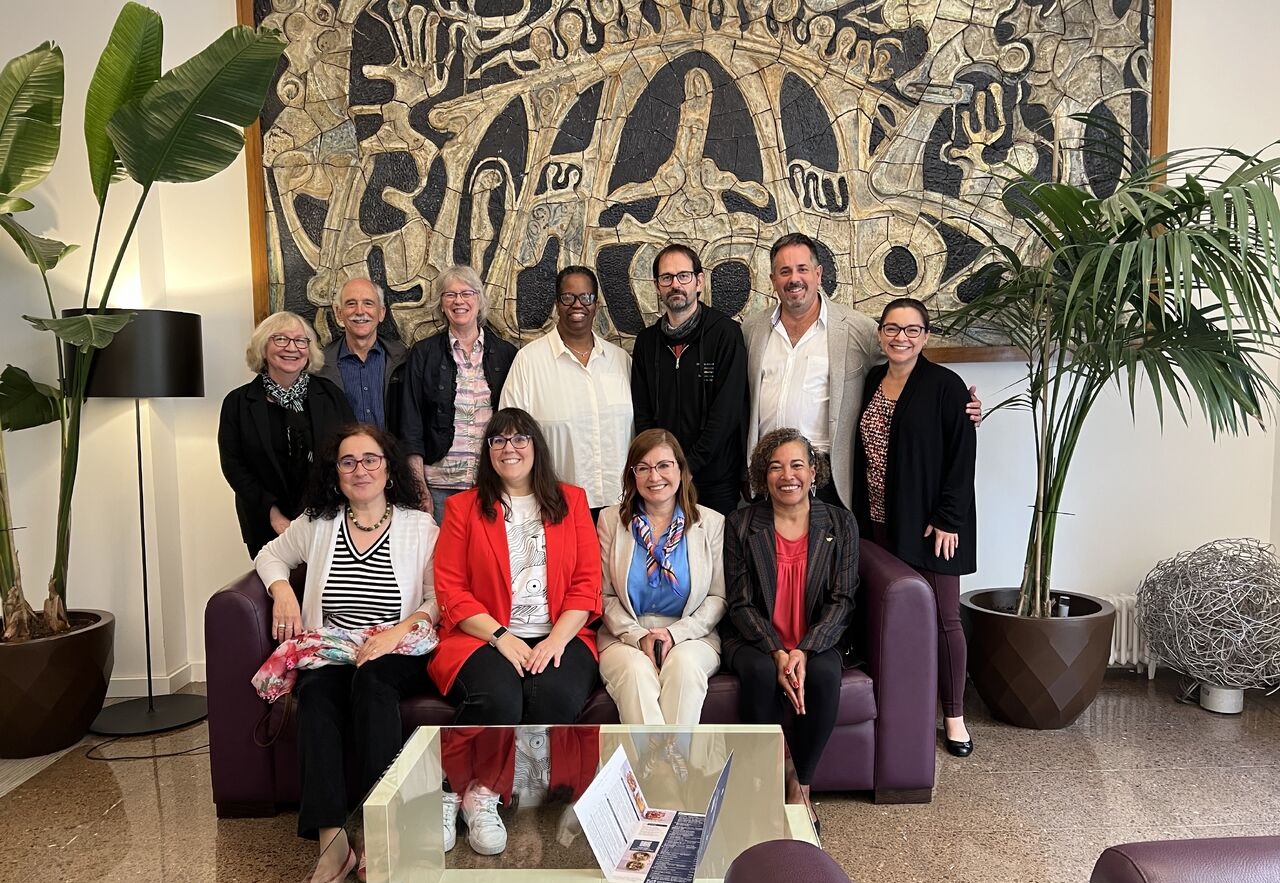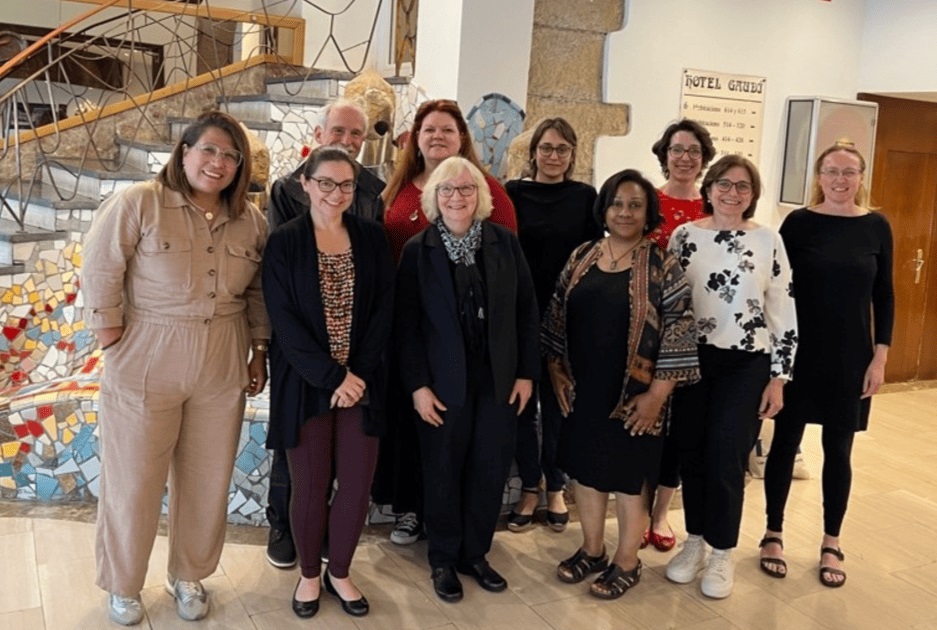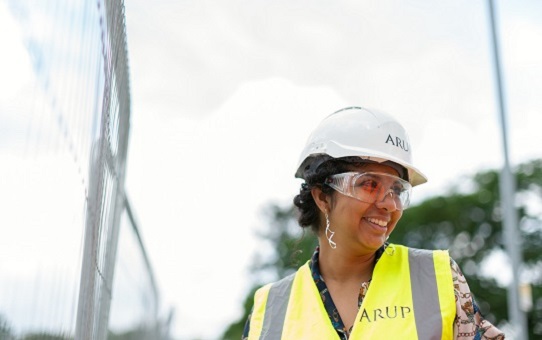The director of GenTIC, Milagros Sáinz, and Rachel Palmén, senior researcher at GenTIC and INSPIRE project coordinator, participated in two roundtable discussions organized by the Society of Women Engineers (SWE) to explore the commonalities and differences in the issues affecting the recruitment and retention of women in STEM education and in the STEM workforce, respectively, in the United States and in Europe.
The events took place on May 24, 2023, in Barcelona, and were conducted as closed meetings that brought together academic experts from the United States and Spain. The discussions focused on key topics such as bias, stereotypes, culture and climate, and unequal treatment of women in STEM education spaces and male-dominated STEM workplaces. Efforts to address these issues were also examined. In the STEM Education Research Roundtable, held in the morning, participants engaged in a comprehensive analysis of the greatest challenges faced in recruiting women in science, technology, engineering, and mathematics programs. In the afternoon roundtable, participants explored the barriers to increasing gender equity in the STEM workplace. Furthermore, both meetings identified effective policy and program interventions that have contributed to the retention of female students in STEM fields and increased women’s representation in STEM workplaces. Additionally, suggestions for involving boys and men in gender equity initiatives were discussed.

SWE STEM Education roundtable. Photo by Society of Women Engineers.
In addition to Milagros Sáinz, Daniel Riera, Dean of Computing, Multimedia and Telecommunications Department at the Universitat Oberta de Catalunya, and other relevant experts in gender equality and diversity in science and technology participated in the STEM Education Research Roundtable. These experts included Stephanie Adams, Dean of the Eric Honsson School of Engineering and Computer Science at the University of Texas; David Fonseca, full professor at the Ramon Llull University; Alicia García-Holgado, associate professor at the Computer Science Department of the University of Salamanca; Carina González, full professor and director of the Women Studies Research Institute at the University of La Laguna; Karen J. Horton, professor of Mechanical Engineering Technology at the University of Maine; Peter Meiksins, professor emeritus of Sociology at Cleveland State University; and Bevlee Watford, Associate Dean for Equity and Engagement and Founding Executive Director of the Center for the Enhancement of Engineering Diversity (CEED) for the College of Engineering at Virginia Tech.

SWE STEM Workforce roundtable. Photo by Society of Women Engineers.
Rachel Palmén intervened in the STEM Workforce Research Roundtable together with other relevant experts in gender and science including Carlotta M. Arthur, Executive Director of the Division of Behavioral and Social Sciences and Education (DBASSE) at the National Academies of Sciences, Engineering, and Medicine (U.S.); Núria Bayó Puxan, Director of Programmes at Barcelona Institute of Science and Technology (BIST); Diane Foley, Executive Director, Digital Technology (DT) at Raytheon’s Intelligence & Space (RI&S) business, Inés Sánchez de Madariaga, UNESCO Chair on Gender in STI, Professor of Urban Planning at Universidad Politécnica de Madrid, and Chair of the Advisory Group on Gender Issues to the Executive Director of UN-Habitat; Peter Meiksins, Professor Emeritus of Sociology at Cleveland State University; and Lilia D. Tapia Mariscal, Assistant Professor Researcher in the Department of Electronic Engineering and Computers at the University of Córdoba.
The outcomes of both roundtable discussions will be compiled into an article focusing on strategies to achieve gender equity in STEM education and advance diversity in engineering and technology.
Related links:
Post on the roundtables on the SWE website: Exploring Barriers to Women in STEM with Researchers in Spain
